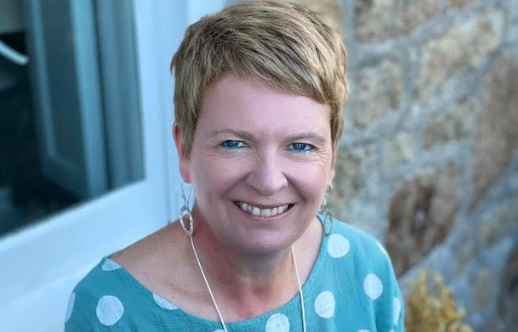Sector bodies are working together on a project to advise trustees on investment decisions following the landmark legal decision last year to allow charities to invest ethically.
The Charity Investment Governance Principles project will look at good decision making in making investments and draw on experiences of charities across England and Wales.
Involved are Charity Finance Group, which is hosting the project, Association of Charitable Foundations, NCVO, Wales Council for Voluntary Action and the Secretariat of the Charities Responsible Investment Network.
It aims to reflect the outcomes of 2022’s Butler-Sloss case which allowed charities to align their investments to counter the impact of climate change, even if it means losing out financially by excluding a large part of the market.
The project is set consult on the guidance in spring 2024 and aims to publish during the summer. Its aim is to complement Charity Commission guidance that has been updated to consider the Butler-Sloss case.
Charity trustees and leaders are being invited to register their interest in the project here.
Also involved in the project are financial experts including Bates Wells partner Luke Fletcher, Elizabeth Jones, partner at Farrer & Co, and Kristina Kopic, head of charity and voluntary sector at the Institute of Chartered Accountants for England and Wales (ICAEW).
“By convening investment and legal experts, charity sector bodies and leaders, we are working together to develop a set of universal principles that will increase confidence in the governance of charity investments,” said CFG head of policy.
“Understanding what best practice looks like, and how it can be achieved, is key to a dynamic and trustworthy sector. Following a series of focus groups with the key stakeholders, we’ll be running an open consultation in spring 2024.
“The project’s steering group wants to understand trustees’ experiences, insights and best practice on charity investment.”
A survey published last month by bfinance found that four in five not for profit investors for charities, foundation and endowments see environment, social and governance (ESG) concerns as important to their investment strategy.
Among charities to ensure their investment and banking strategy considers ESG is Christian Aid, which in July cut ties with Barclays after it was revealed the banking firm is Europe’s largest funder of fossil fuels.
However, an Association of Charitable Foundations survey of funders published this summer found that the number investing in a post carbon economy had only increased slightly.
Latest News
-
AI’s impact on charities’ web traffic revealed
-
Criticism of Nandy’s ‘ineffective’ plans to tackle extremism in charities
-
Call to exempt charities from energy cost hike caused by nuclear power levy
-
Career Path: From strategy to support
-
Nursing charity set to cut one in 10 posts
-
Charity Commission chair issues mission drift warning to cathedral charities
Charity Times video Q&A: In conversation with Hilda Hayo, CEO of Dementia UK
Charity Times editor, Lauren Weymouth, is joined by Dementia UK CEO, Hilda Hayo to discuss why the charity receives such high workplace satisfaction results, what a positive working culture looks like and the importance of lived experience among staff. The pair talk about challenges facing the charity, the impact felt by the pandemic and how it's striving to overcome obstacles and continue to be a highly impactful organisation for anybody affected by dementia.
Charity Times Awards 2023
Mitigating risk and reducing claims

The cost-of-living crisis is impacting charities in a number of ways, including the risks they take. Endsleigh Insurance’s* senior risk management consultant Scott Crichton joins Charity Times to discuss the ramifications of prioritising certain types of risk over others, the financial implications risk can have if not managed properly, and tips for charities to help manage those risks.
* Coming soon… Howden, the new name for Endsleigh.
* Coming soon… Howden, the new name for Endsleigh.
Better Society

© 2021 Perspective Publishing Privacy & Cookies










Recent Stories